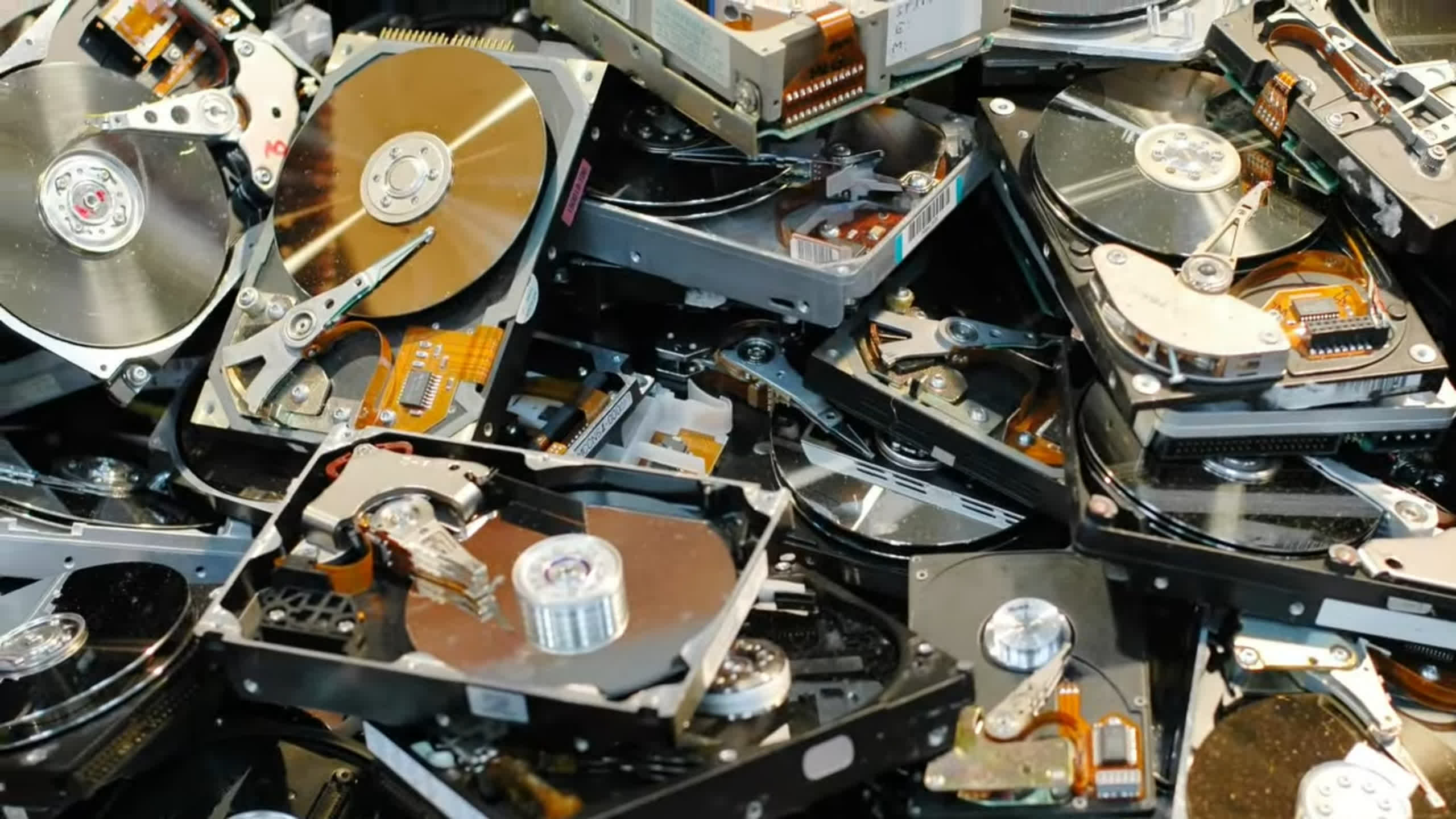In a nutshell: A German technology start-up has released some outstanding statements about its new storage solution. Using ceramic "nano layers" as building blocks, this innovative storage media will seemingly put everything that came before to shame.

Cerabyte will show how its Ceramic Nano Memory technology works during the upcoming Storage Developer Conference in Fremont, California. Meanwhile, the brief introduction posted by Cerabyte founder Christian Pflaum is already making strides for its bombastic promises about an unprecedented breakthrough in the data storage market.
Ceramic Nano Memory is designed to address the "density, performance and access paradigms" as well as cost and sustainability demands of datacenters, Pflaum said. The new technology will bring storage in the "Yottabyte Era," where a yottabyte is equal to 1,000 billion terabytes, by using ceramic nano layers that are 50-100 atoms thick. Ceramics are inorganic materials that can resist heat and corrosion, and they have been used by humans for at least 26,000 years.
Cerabyte now wants to exploit ceramics' outstanding qualities to store information that can be protected against "most data storage media threats." Data is written and read with laser or "particle beams," the company states, with bits structured in QR code-like matrices. Cerabyte already has its own roadmap for the technology, which is projected to scale from 100 nm to 3 nm bit sizes or to an areal density of GB/cm2 to TB/cm2 class.
Ceramic Nano Memory promises a 75% reduction of total cost of ownership (TCO) in data centers, as the technology needs no media replacement, "no energy" and no data migration. For archives, cloud businesses or entertainment, the ceramic-based memory Cerabyte is offering is a storage solution that can last more than 5,000 years, and can withstand extreme temperature ranges going from outer space-like conditions (-273° C) to ovens (300° C).
Storage solutions based on the Ceramic Nano Memory tech will first come to market within the next seven years as "CeraMemory" cartridges, Cerabyte states, offering 10 petabytes to 100 PB ranges. In 2030-2035, the company promises, an improved "CeraTape" solution will offer 1 exabyte storage media. Particle beam matrices "will enable further scaling" of the storage density, while writing and reading throughputs will be in the "GB/s class speed."

The demand for data storage continues to grow exponentially, Pflaum said in his brief presentation, with most of this data becoming "cold" after one month. Science, business, and user data are then kept for decades and almost never deleted, and the digital world seemingly needs a novel storage solution that's secure, reliable and cheap to manage. Details about how Ceramic Nano Memory actually works will hopefully be shown during the 2023 Storage Developer Conference, which is scheduled for September 18 to 21.
https://www.techspot.com/news/100101-ceramic-nano-memory-promises-disrupt-500-billion-storage.html